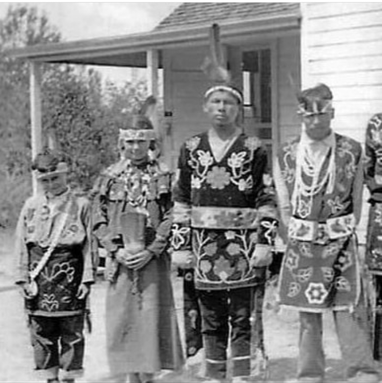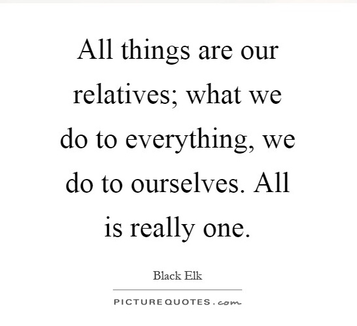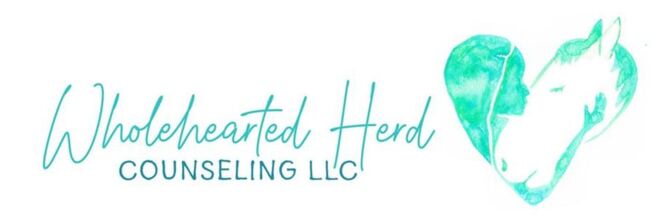 It is important for me to acknowledge Indigenous Peoples' Day. Not only because of it’s social justice relevance or value to the foster and adoption community whom I serve, since Native children are the most over represented in foster care (Adoption and Foster Care Analysis Reporting System, 2013), though these are vital issues. This is personally important as well, my mother is a Potawatomi Native American tribal member and I am a descendant. This day is important to be because of the deep connection I have always felt to these roots. The littlest guy in the photo above was my grandpa. So cute...  Many Native American values are a part of who I am. One of them is summed in this quote attributed to Black Elk. We as people and living things on this planet are not independent of one another. We have a responsibility to live harmoniously because we are all connected. This quote also brings to mind being interconnected. Interconnectedness is something I have been pondering since it was revealed as the focus for the Natural Lifemanship conference that will be next week. (Super excited for it by the way!) Being in a global health crisis also makes one consider the way we are all connected as well. There is so much research, particularly from Dr. Siegal, about how humans impact one another. This is called Interpersonal Neurobiology. Siegal states that humans are a product of the interactions we have with one another. Our brains and bodies are connected to the inner experiences of others as they connect with us. His “Triangle of Well-being" concept states that the mind, brain/body neural system, and relationships are all three working and changing as it shapes who we are. This starts in-utero and all our lives. Babies develop through the attachment relationship and their mind, brains, and bodies are organized (or disorganized).
Even cooler for human interconnectedness is the research on epigenetics that has shown us that our bodies and brains that are developing by these experiences code our DNA and is passed on to our children. Unfortunately, trauma that changes the brain and body of the individual can be passed through our DNA to the next generations and predispose them to stress-related difficulties. This brings me back to Indigenous Peoples’ Day. This day marks a shift to acknowledge the injustices done to Native people. Injustices that caused trauma and has impacted current barriers in communities and likely epigenetics. As a person who was shaped by my Native family relationships, I believe that resilience, love of nature, and the visceral feeling of awe when I hear drumming also impacts me. On Indigenous Peoples’ Day, seek out Native voices to understand the history and impacts of today, but also the wisdom and understanding of a people that that knew interconnectedness even before neurobiology explained it. Resources: Natural Lifemanship Conference: https://naturallifemanship.com/interconnected-2020-registration Interpersonal Neurobiology: https://www.drdansiegel.com/ https://therapistuncensored.com/episodes/tu15-decoding-the-science-of-interpersonal-neurobiology/ Epigenetics https://www.psychologytoday.com/us/blog/psyched/201909/the-epigenetics-childhood-trauma-0 Indigenous Peoples' Day: https://www.localpassportfamily.com/2020/10/indigenous-peoples-day-resources-for-families.html https://www.smithsonianmag.com/blogs/national-museum-american-indian/2020/10/07/indigenous-peoples-day-2020/
1 Comment
|
Proudly powered by Weebly

 RSS Feed
RSS Feed